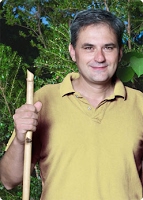
The editor of the journal Land Degradation & Development has stepped down amidst an investigation into citation problems at the journal.
The editor, Artemi Cerdà of the University of Valencia in Spain, has also disappeared from the list of editors at two journals published by the European Geosciences Union, which recently announced that one of its editors had engaged in citation manipulation.
Here’s a statement we just received from a spokesperson for Wiley, which publishes Land Degradation & Development:
Continue reading Editor steps down from journal while it investigates citation irregularities
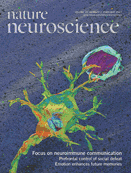 Only days after his paper was published online, a neuroscientist has posted a comment on PubMed alerting readers to several duplication errors.
Only days after his paper was published online, a neuroscientist has posted a comment on PubMed alerting readers to several duplication errors.
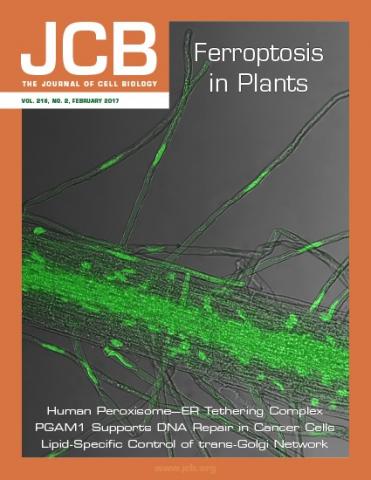 A researcher in Switzerland has retracted her 2015 paper in the Journal of Cell Biology, saying the first author — her former postdoc — admitted to fabricating multiple aspects of the paper.
A researcher in Switzerland has retracted her 2015 paper in the Journal of Cell Biology, saying the first author — her former postdoc — admitted to fabricating multiple aspects of the paper.
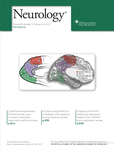 Neurology has partially retracted a 2016 paper, replacing a figure and removing the author who contributed it
Neurology has partially retracted a 2016 paper, replacing a figure and removing the author who contributed it 


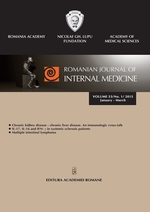 A researcher in Greece has issued extensive — what we sometimes call “
A researcher in Greece has issued extensive — what we sometimes call “